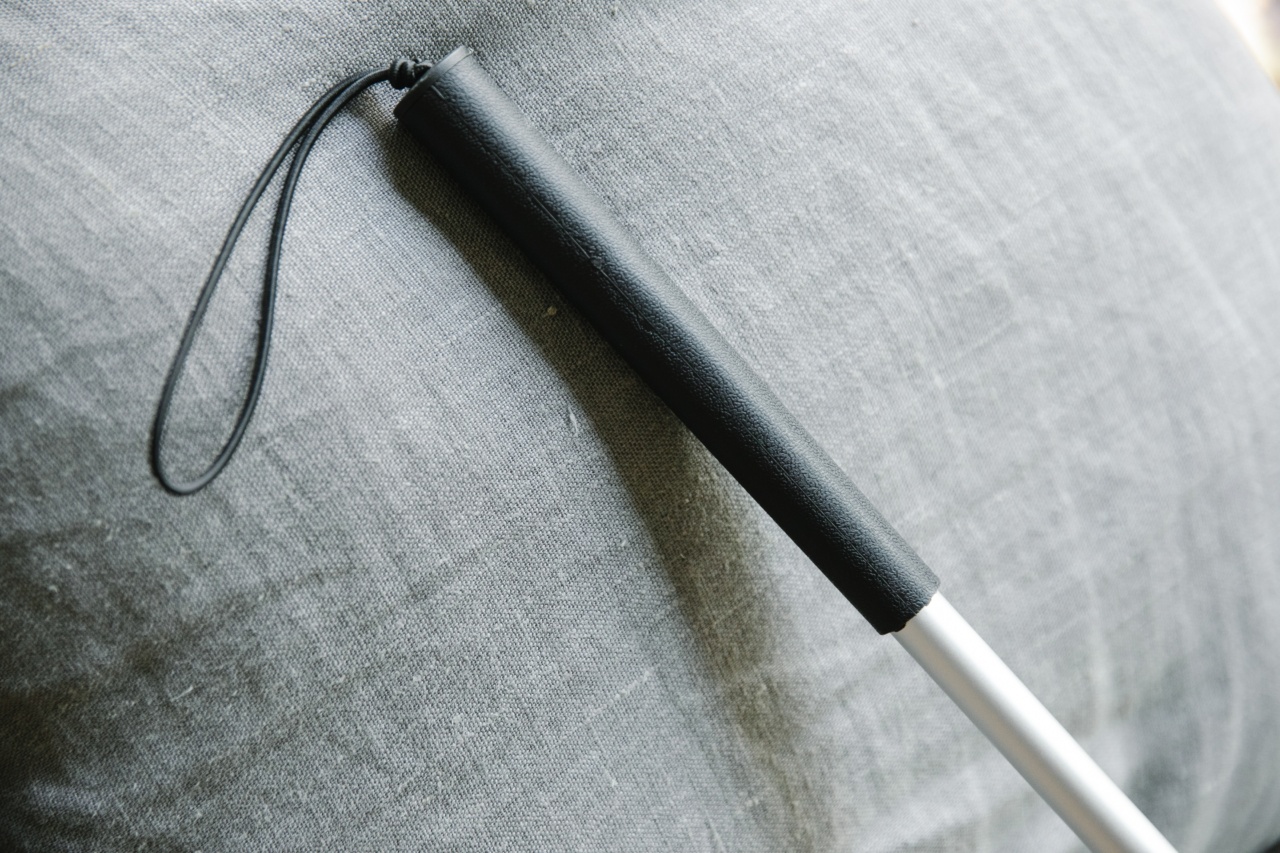Hair loss can be a distressing condition that affects both men and women.
While there are many factors that contribute to hair loss, such as genetics, hormonal changes, and medical conditions, ensuring you have a balanced diet rich in essential vitamins can play a significant role in preventing hair loss and promoting healthy hair growth. In this comprehensive guide, we will discuss the best vitamins for preventing hair loss and how they work to keep your locks thick and luscious.
Vitamin A
Starting strong with vitamin A, this vital nutrient is responsible for producing sebum, which is an oily substance secreted by your scalp. Sebum acts as a natural conditioner for your hair and helps keep it healthy.
Additionally, vitamin A is essential for the growth of all cells in the body, including hair cells.
Eating foods rich in vitamin A, such as carrots, sweet potatoes, spinach, and kale, can help promote hair health and prevent hair loss.
However, it is important to note that excessive intake of vitamin A can have the opposite effect and actually contribute to hair loss, so moderation is key.
Vitamin B7 (Biotin)
Biotin, also known as vitamin B7, has gained popularity for its role in promoting healthy hair, skin, and nails. This vitamin is involved in the production of keratin, a protein that makes up the structure of your hair.
Adequate biotin levels can help strengthen hair strands and prevent brittleness.
Some good food sources of biotin include eggs, nuts, seeds, avocados, and sweet potatoes. In addition to incorporating these foods into your diet, you may also consider a biotin supplement to ensure you are getting enough of this essential vitamin.
Vitamin C
Vitamin C is well-known for its immune-boosting properties, but it also plays a crucial role in maintaining healthy hair. This vitamin is required for the production of collagen, a protein that strengthens hair strands and prevents breakage.
Include plenty of vitamin C-rich foods in your diet, such as citrus fruits, strawberries, bell peppers, and broccoli, to support hair health and prevent hair loss.
Additionally, vitamin C enhances iron absorption, another mineral essential for healthy hair growth.
Vitamin D
Vitamin D deficiency has been linked to hair loss, so ensuring adequate levels of this vitamin is crucial for maintaining healthy hair. Vitamin D stimulates hair follicles, promoting hair growth and preventing hair thinning.
While we can get vitamin D from sunlight exposure, it can be challenging to maintain optimal levels, especially during winter or for those who spend prolonged periods indoors.
Including vitamin D-rich foods in your diet, such as fatty fish (salmon, mackerel), fortified dairy products, and egg yolks, can help prevent hair loss caused by vitamin D deficiency.
Vitamin E
Vitamin E is an antioxidant that helps reduce oxidative stress and damage to the scalp, promoting healthy hair growth. It also enhances blood circulation, ensuring that essential nutrients reach hair follicles.
Include vitamin E-rich foods in your diet, such as almonds, spinach, sunflower seeds, and avocados, to support optimal hair health and prevent hair loss. Additionally, you can apply vitamin E oil topically as a moisturizer for your scalp.
Vitamin K
Vitamin K is often overlooked when it comes to hair health, but it plays a significant role in maintaining strong and healthy hair.
This vitamin is involved in the production of proteins that help prevent calcium buildup in the scalp, which can lead to hair loss.
Eating foods rich in vitamin K, such as leafy greens (spinach, kale), broccoli, and Brussels sprouts, can help promote hair health and prevent hair loss.
Ensuring adequate vitamin K levels can also prevent scalp calcification and conditions like alopecia.
Zinc
Zinc is an essential mineral that is involved in numerous bodily processes, including hair growth and repair. It plays a key role in DNA and RNA production, which are essential for the division and growth of hair follicle cells.
A deficiency in zinc can lead to hair loss and thinning. Including zinc-rich foods in your diet, such as oysters, beef, legumes, and nuts, can help prevent hair loss by ensuring optimal zinc levels.
Iron
Iron deficiency is a common cause of hair loss, especially in women. Iron is necessary for the production of red blood cells, which carry oxygen and nutrients to hair follicles.
Without adequate iron, hair follicles may not receive enough oxygen, leading to hair shedding and thinning.
Include iron-rich foods in your diet, such as lean meats, leafy greens, beans, and fortified cereals, to prevent iron deficiency-related hair loss. Pairing iron-rich foods with vitamin C sources can enhance iron absorption.
Omega-3 Fatty Acids
Omega-3 fatty acids are essential fats that our bodies cannot produce on their own but are crucial for overall health, including hair health. These fatty acids play a role in promoting scalp health, reducing inflammation, and nourishing hair follicles.
Incorporate omega-3-rich foods into your diet, such as fatty fish (salmon, sardines), walnuts, chia seeds, and flaxseeds, to support healthy hair growth and prevent hair loss.
If you struggle to include enough omega-3s in your diet, consider a fish oil supplement.
Proper Nutrition for Hair Health
While individual vitamins and minerals are important for preventing hair loss and promoting healthy hair growth, it is essential to maintain a balanced diet overall.
Eating a variety of nutrient-dense foods ensures you are providing your body with all the necessary vitamins, minerals, and antioxidants needed for optimal hair health.
Additionally, considering supplements may be beneficial if you struggle to meet your nutritional needs through diet alone.
However, it is important to consult with a healthcare professional before starting any new supplements, as they can recommend appropriate dosages and ensure they are safe for you.
In Conclusion
Preventing hair loss and maintaining healthy hair growth is a multi-faceted process involving various factors, including genetics, lifestyle, and nutrition.
While no vitamin or mineral can guarantee a full head of hair, ensuring adequate intake of the vitamins mentioned above can support hair health and reduce the risk of hair loss.
Remember to maintain a balanced diet, manage stress levels, and avoid excessive heat or chemical treatments to give your hair the best chances of thriving.
If you are experiencing severe hair loss or have concerns about your hair health, it is always best to consult with a healthcare professional for a personalized approach.





























